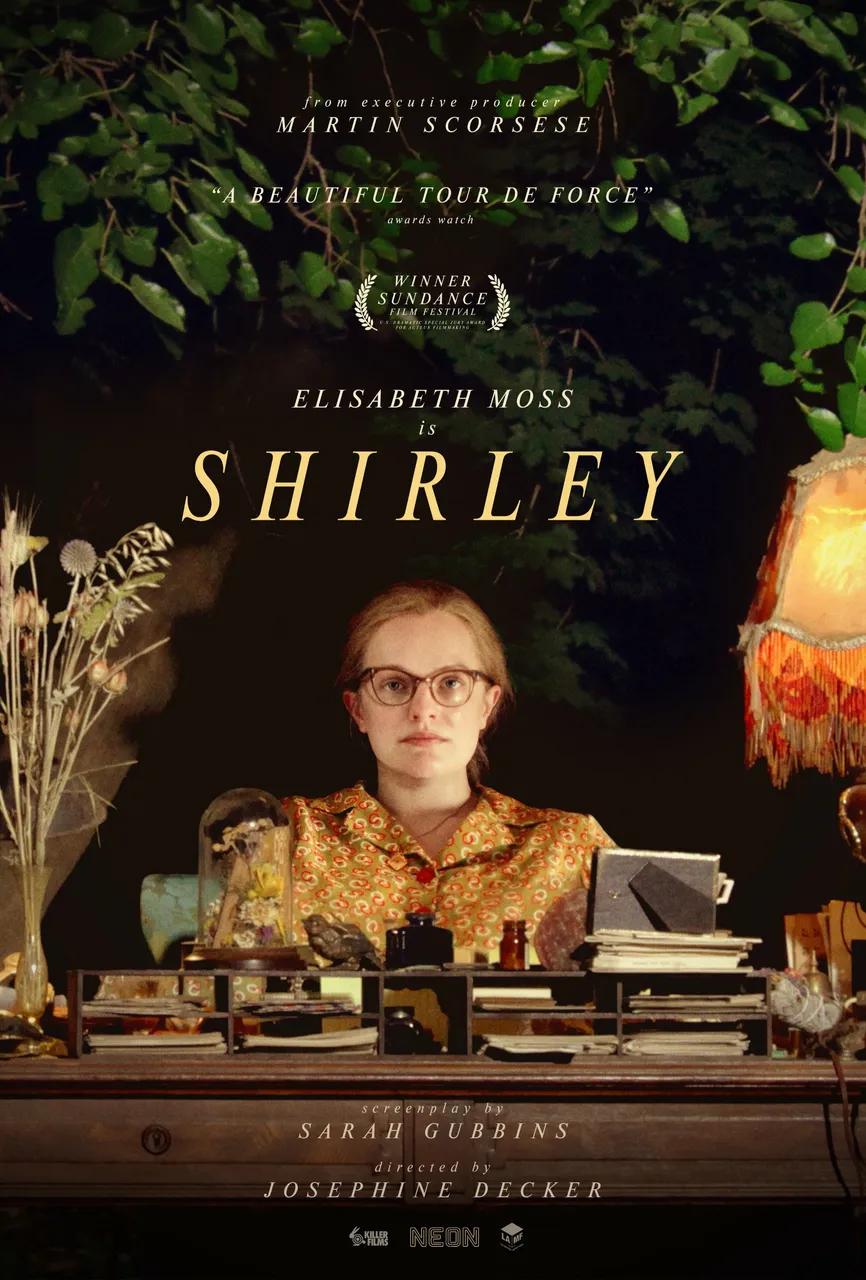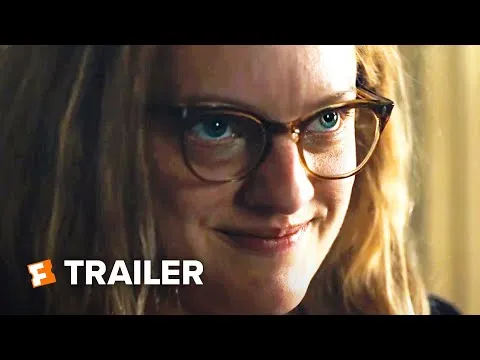
Shirley, a new biopic about American writer Shirley Jackson, is about the despair of ignored women. But the story resonates more broadly: what do you do when the world around you refuses to see who you really are?

She is best known for her short story The Lottery, published in 1948 in the weekly newspaper The New Yorker, about an annual ritual in a rural village where residents select a person by drawing lots and then collectively murder that person by stoning.
Shirley Jackson (1915-1965) went on to become a long-ignored, brilliant writer of psychological horror stories with recognizable human themes. Her most famous novels are The Haunting of Hill House (1959) and We Have Always Lived in the Castle (1962).
In recent years, Jackson's work has been increasingly rediscovered and reprocessed for television (both titles above can be seen on Netflix). The reason for this is simple: her novels fit in with the current call for diversity and the many public campaigns aimed at making voices heard that were previously 'silent'.
The American organization that arranges the Oscar ceremony recently announced that from now on films must meet a number of criteria to be considered for 'best picture'. One of these is that there must be at least one actor in a leading or important supporting role from an "underrepresented racial or ethnic group" in the film. There are also arguments for the abolition of the distinction between female and male actors. American actress Cate Blanchett said, "I am an actor, not an actress."
Men are visible, women are invisible - that is the crux of the problem for many. But in the 1950s hardly anyone thought about this. Shirley Jackson did. Her real world was a model for the worlds in her novels. The village in The Lottery is based on her hometown of Bennington in Vermont, USA, where she lived in the 1950s with her husband, Stanley Hyman, a literature professor.
About Jackson's life as 'Mrs. Stanley Hyman', the American author A.M. Holmes writes:
I love thinking of Shirley Jackson as Mrs. Stanley Hyman, the writer in disguise, as the faculty wife and mother. Mrs. Stanley Hyman is the perfect cloak from which she could peer out unnoticed, observe, take notes, work otherwise unseen.
This reveals a wonderful irony: it was precisely because Jackson was ignored by the world that she was able to write her books. At the same time, her invisibility created a sense of despair that was devastating to her.
Homes continues:
Jackson was not interested in being a “woman writer”; she was just a writer, neither male nor female, in a way that to this day is still not easily accommodated by the publishing industry and booksellers.
We see this in Shirley, a film that turns both the injustice of ignoring women and our current notions of diversity upside down.
The story is a fictionalized version of Jackson's life in the early 1950s when she wrote her novel Hangsaman, about the true disappearance of a lonely young woman studying liberal arts at university in Vermont. Jackson (Elisabeth Moss in the best performance of her career to date) and her husband Stanley take in two students: Fred, working on his thesis, hoping for a teaching position, and his wife Rosie, who is pregnant and therefore stops her study literature.
While the two men go to campus every day, where they not only teach, but also paint the town red (and end up in bed with the faculty wives), the women stay at home. Shirley barely gets out of bed while working on her novel, Rosie takes care of the household.
The relationship between Shirley and Josie is initially that of writer and 'character'. Shirley uses Josie - 'abuses' is a better word - to find inspiration to create her novel character, the missing student. Perhaps, like Rosie, she was desperate because of her situation: ambitious, but pregnant and housebound because of the social pressure to be mainly 'mother' and 'wife'.
In this sense, Shirley - told visually innovatively, so that we have direct access to the women's world - is about giving a voice to all 'disappeared', ignored young women.
But the film also shows that this theme extends beyond mere issues of gender. The story, including Jackson's in real life, outlines the despair that comes from 'not being heard'. The community forces you to assume a certain identity, as it were. In Jackson's case: you are a woman, so a housewife; you are ‘Mrs. Stanley Hyman’ and that means you cannot be a writer.
Anyone who succumbs to it, says Jackson in her work (just like Shirley in the film), goes mad. This explains why her novels fit into the psychological horror genre. Her fight - we see this in all her books - is the fight for the right to be yourself.

The Haunting of Hill House can be seen on Netflix
Click here if you want to know where you can watch Shirley
